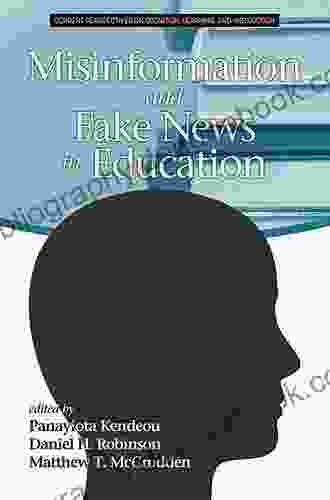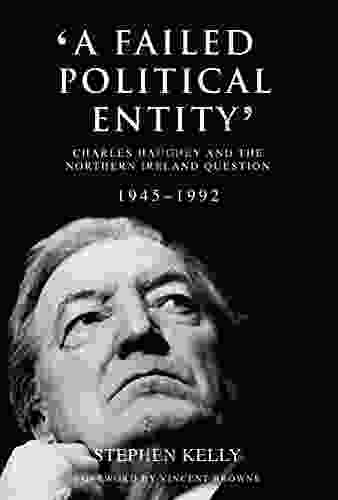Misinformation And Fake News In Education (Current Perspectives On Cognition Learning And Instruction)

In the digital age, we are constantly bombarded with information from a variety of sources. While this can be a great way to stay informed, it can also be difficult to know what is true and what is not. This is especially true for students, who may not have the experience or critical thinking skills to evaluate the accuracy of the information they encounter.
Misinformation is false or inaccurate information that is unintentionally spread. Fake news is deliberately false or misleading information that is created and disseminated to deceive people. Both misinformation and fake news can have a negative impact on education, as they can lead students to believe things that are not true and make it difficult for them to learn.
The Impact of Misinformation and Fake News on Education
Misinformation and fake news can have a number of negative impacts on education, including:
4.5 out of 5
| Language | : | English |
| File size | : | 1174 KB |
| Text-to-Speech | : | Enabled |
| Screen Reader | : | Supported |
| Enhanced typesetting | : | Enabled |
| Word Wise | : | Enabled |
| Print length | : | 336 pages |
It can lead students to believe things that are not true. This can have a negative impact on their learning, as they may not be able to build on knowledge that is based on false information.
It can make it difficult for students to learn. When students are exposed to misinformation and fake news, they may become confused about what is true and what is not. This can make it difficult for them to focus on their studies and to learn effectively.
It can damage trust in institutions. When students see that misinformation and fake news is being spread by teachers, administrators, or other educational leaders, they may lose trust in these institutions. This can make it difficult for schools to create a positive learning environment and to promote critical thinking.
Cognitive Factors That Contribute to the Spread of Misinformation and Fake News
There are a number of cognitive factors that can contribute to the spread of misinformation and fake news, including:
Confirmation bias. This is the tendency to seek out information that confirms our existing beliefs. When we encounter information that challenges our beliefs, we are more likely to dismiss it or to ignore it altogether.
Motivated reasoning. This is the tendency to interpret information in a way that supports our existing beliefs. When we encounter information that challenges our beliefs, we are more likely to find fault with the information or to come up with reasons why it is not true.
Illusory truth effect. This is the tendency to believe that information is true simply because we have heard it repeatedly. The more often we hear something, the more likely we are to believe it, even if it is not true.
Strategies for Combating Misinformation and Fake News in Education
There are a number of strategies that educators can use to combat misinformation and fake news in education, including:
Teaching students about misinformation and fake news. Students need to be aware of the dangers of misinformation and fake news and how to identify it. Educators can teach students about the cognitive factors that contribute to the spread of misinformation and fake news, and they can provide students with tools for evaluating the accuracy of information.
Promoting critical thinking skills. Critical thinking skills are essential for evaluating the accuracy of information. Educators can help students develop critical thinking skills by teaching them how to analyze information, to identify bias, and to come to their own s.
Creating a culture of trust. Students need to feel comfortable talking to their teachers and other educational leaders about misinformation and fake news. Educators can create a culture of trust by being open and honest with students and by encouraging them to ask questions.
Misinformation and fake news are a serious problem in education. These things can have a negative impact on students' learning, and they can damage trust in institutions. However, there are a number of strategies that educators can use to combat misinformation and fake news in education. By teaching students about misinformation and fake news, promoting critical thinking skills, and creating a culture of trust, educators can help students to become more informed and discerning consumers of information.
4.5 out of 5
| Language | : | English |
| File size | : | 1174 KB |
| Text-to-Speech | : | Enabled |
| Screen Reader | : | Supported |
| Enhanced typesetting | : | Enabled |
| Word Wise | : | Enabled |
| Print length | : | 336 pages |
Do you want to contribute by writing guest posts on this blog?
Please contact us and send us a resume of previous articles that you have written.
 Page
Page Chapter
Chapter Text
Text Reader
Reader Library
Library Paperback
Paperback Magazine
Magazine Bookmark
Bookmark Foreword
Foreword Preface
Preface Annotation
Annotation Footnote
Footnote Scroll
Scroll Tome
Tome Bestseller
Bestseller Library card
Library card Biography
Biography Autobiography
Autobiography Memoir
Memoir Narrator
Narrator Character
Character Resolution
Resolution Librarian
Librarian Borrowing
Borrowing Stacks
Stacks Study
Study Research
Research Scholarly
Scholarly Lending
Lending Reserve
Reserve Academic
Academic Journals
Journals Rare Books
Rare Books Literacy
Literacy Study Group
Study Group Dissertation
Dissertation Reading List
Reading List Book Club
Book Club Theory
Theory Textbooks
Textbooks Jonathan Gallo
Jonathan Gallo Liz Bowery
Liz Bowery Tim Blevins
Tim Blevins Anna Ohanyan
Anna Ohanyan Birgit Nilsson
Birgit Nilsson Thornton Wilder
Thornton Wilder Bankim Chandra Pandey
Bankim Chandra Pandey Stephen Jones
Stephen Jones Patrick Ambrose
Patrick Ambrose Elise Gravel
Elise Gravel Helmut Exner
Helmut Exner Bruce F Katz
Bruce F Katz Kalyn Cooper
Kalyn Cooper Michel Bussi
Michel Bussi Mark Cheverton
Mark Cheverton Robyn Magalit Rodriguez
Robyn Magalit Rodriguez Paul Curtis
Paul Curtis Tony Konieczny
Tony Konieczny J L Vampa
J L Vampa Bill Hearn
Bill Hearn
Light bulbAdvertise smarter! Our strategic ad space ensures maximum exposure. Reserve your spot today!
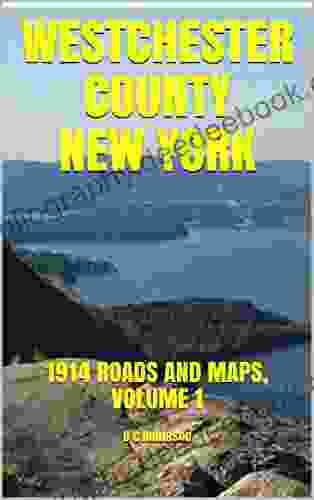
 Junot DíazUnveiling the Historical Legacy of Westchester County: A Journey Through the...
Junot DíazUnveiling the Historical Legacy of Westchester County: A Journey Through the... Henry Wadsworth LongfellowFollow ·16.3k
Henry Wadsworth LongfellowFollow ·16.3k Harold PowellFollow ·10.3k
Harold PowellFollow ·10.3k Bernard PowellFollow ·4k
Bernard PowellFollow ·4k Logan CoxFollow ·17.8k
Logan CoxFollow ·17.8k Bryan GrayFollow ·16.5k
Bryan GrayFollow ·16.5k Ken FollettFollow ·7.2k
Ken FollettFollow ·7.2k Emanuel BellFollow ·3.5k
Emanuel BellFollow ·3.5k Ike BellFollow ·10.4k
Ike BellFollow ·10.4k
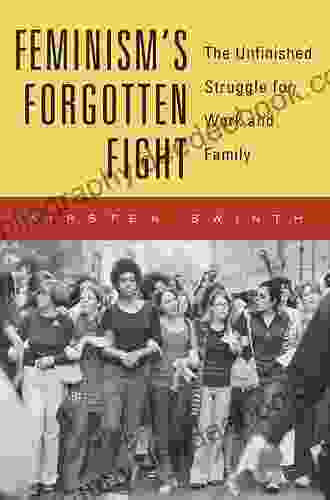
 Braden Ward
Braden WardFeminism's Forgotten Fight: The Ongoing Battle for...
The feminist movement has historically...
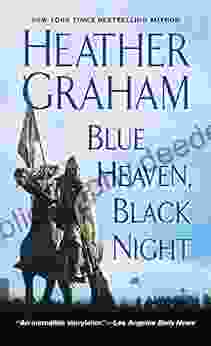
 Julio Cortázar
Julio CortázarBlue Heaven Black Night: A Literary Journey Through Love,...
In the realm of...
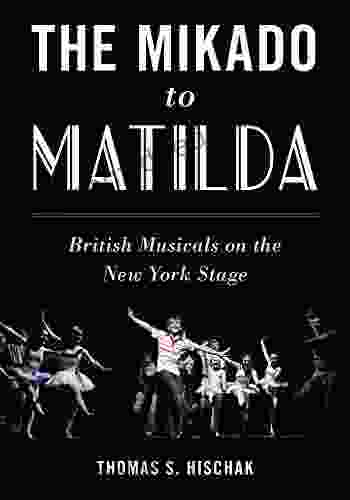
 Eddie Bell
Eddie BellA Journey Through Time: Exploring the Enchanting World of...
The vibrant tapestry of New...
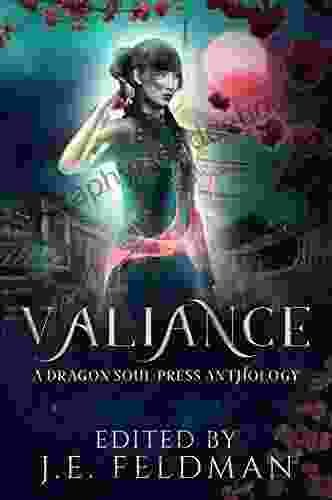
 Lawrence Bell
Lawrence BellValiance Dragon Soul Press Anthology: A Literary Odyssey...
Step into a realm where...

 Aron Cox
Aron CoxEmbark on a Creative Odyssey with Jean Leinhauser's "101...
Unveil a Kaleidoscope of...
4.5 out of 5
| Language | : | English |
| File size | : | 1174 KB |
| Text-to-Speech | : | Enabled |
| Screen Reader | : | Supported |
| Enhanced typesetting | : | Enabled |
| Word Wise | : | Enabled |
| Print length | : | 336 pages |


